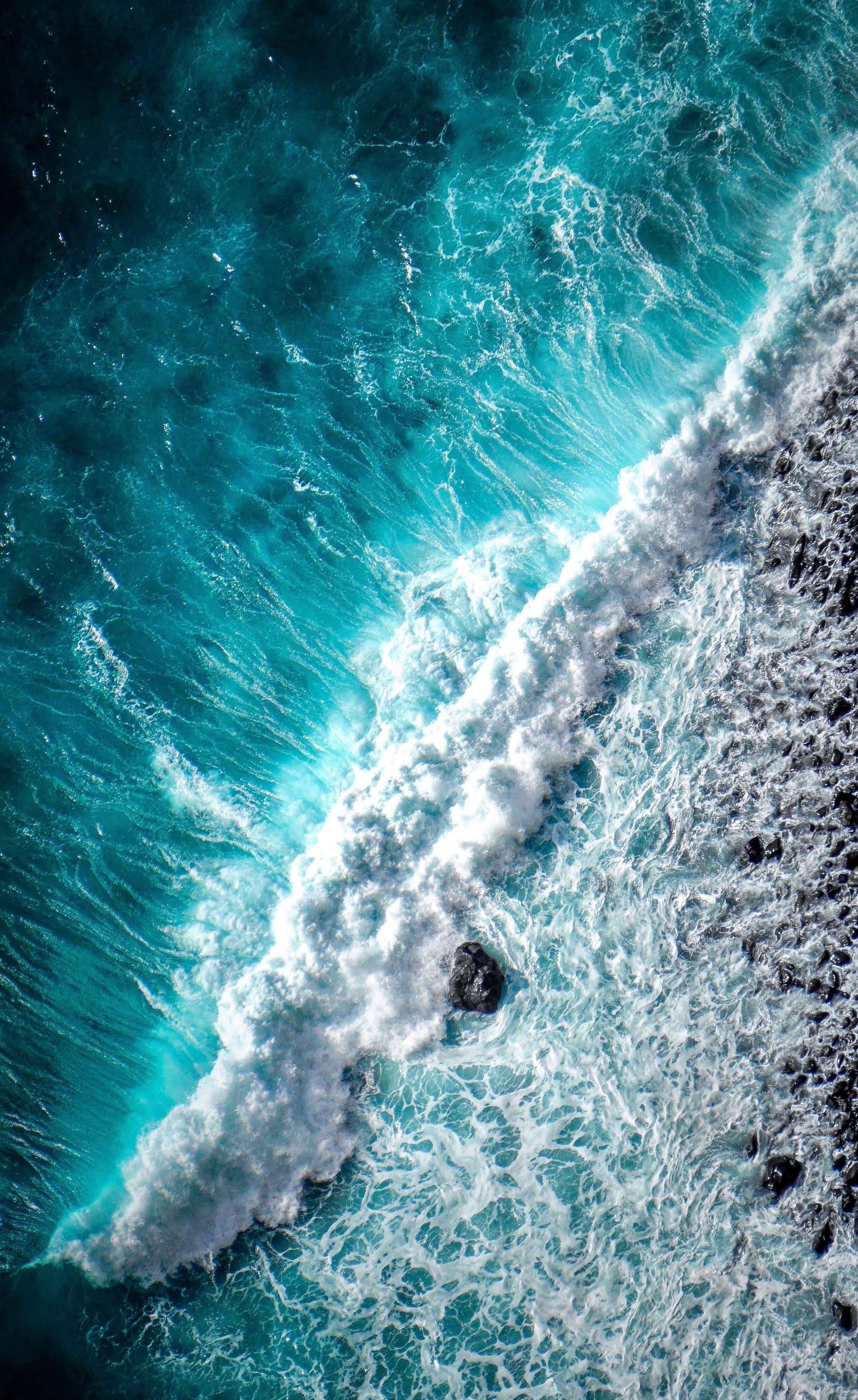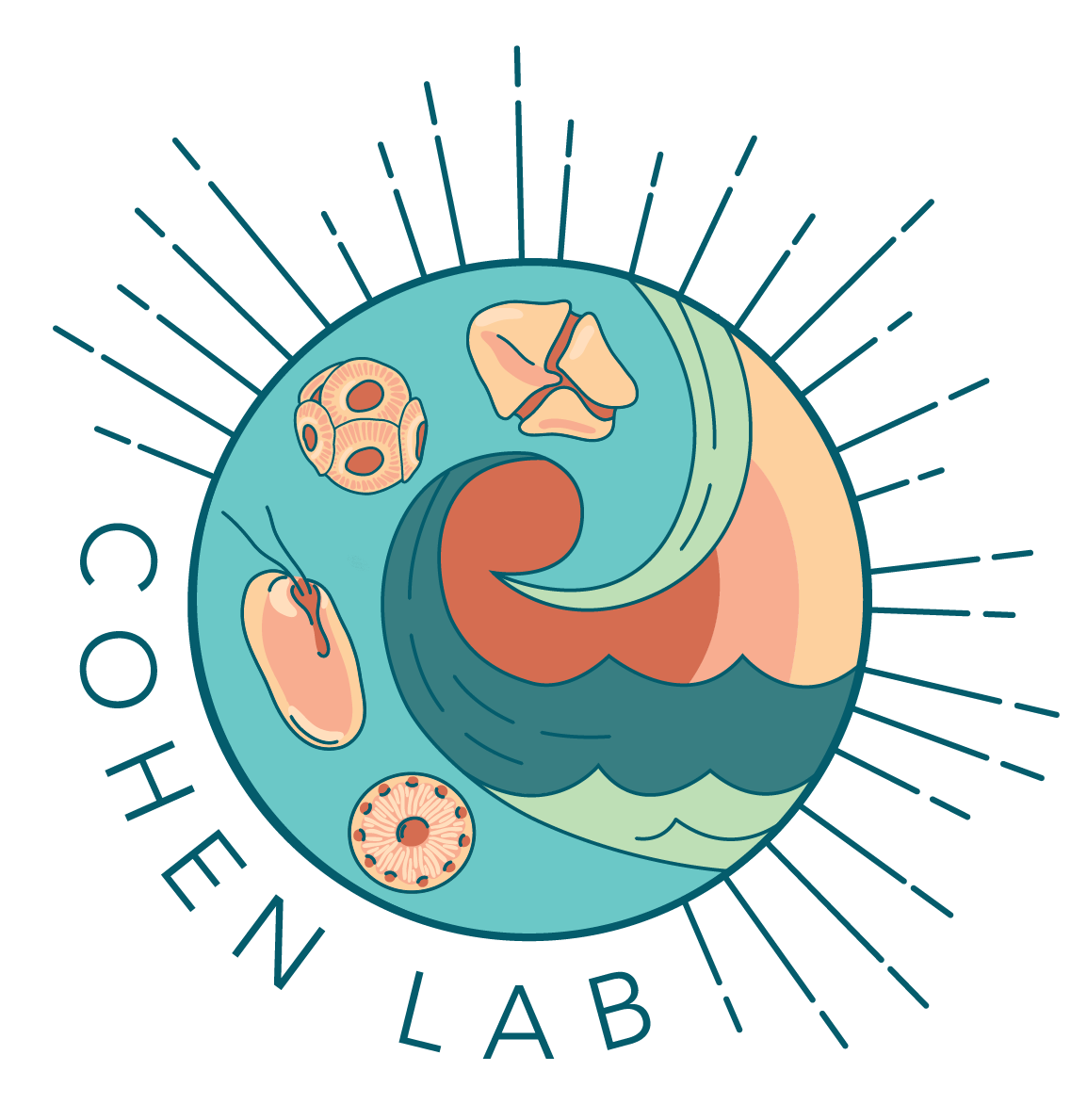
Marine Microbial Ecology &
Ocean Biogeochemistry
Welcome! Our group explores the molecular ecology, physiology and functional diversity of marine microbes
Marine phytoplankton are incredibly important on our planet – they provide approximately half the planet’s oxygen supply through photosynthesis and influence climate over geologic timescales by transferring carbon from the atmosphere to the deep ocean. Their growth is dependent on a supply of macronutrients and various trace metal micronutrients required for biological processing, some of which are unfortunately hard to come by in the ocean.
We aim to explore how variations in nutrients influence metabolism, physiology, and ecological interactions among diverse groups of single-celled marine eukaryotes through a combination of field-based community experiments, lab-based culture analyses, and bioinformatic processing. By linking the concentrations of macronutrients and bioactive trace metals with gene expression and protein abundance patterns, we hope to better understand the clever strategies phytoplankton have evolved for subsisting across biogeochemically distinct and highly complex marine environments.
University of Georgia Department of Marine Sciences Graduate Program
The lab is looking for a graduate student to join us at Skidaway Institute of Oceanography in Savannah GA! Applicants with backgrounds in oceanography, microbial ecology, geochemistry, and/or computational biology are especially encouraged. There are laboratory and computational-based opportunities available. Potential projects include evaluating the role of trace metals in shaping microbial communities and investigating protistan metabolism through ’omic techniques. Please email if you would like more information about the lab (cohen@uga.edu) and include a brief summary of interests! Check out more information about the UGA Department of Marine Sciences program:
Undergraduate Internship on Skidaway Island
Join us for a summer REU-style research internship examining the microbial ecology and physiology of phytoplankton! Stipends are provided and on-campus housing is available.
We are passionate about creating welcoming environments in STEM, and in recruiting and retaining diverse scientists. We strive to ensure our lab and educational spaces are non-discriminatory and judgement-free, fostering safe and productive learning environments. Learn more about our inclusivity efforts in the Dept of Marine Sciences @ UGA


